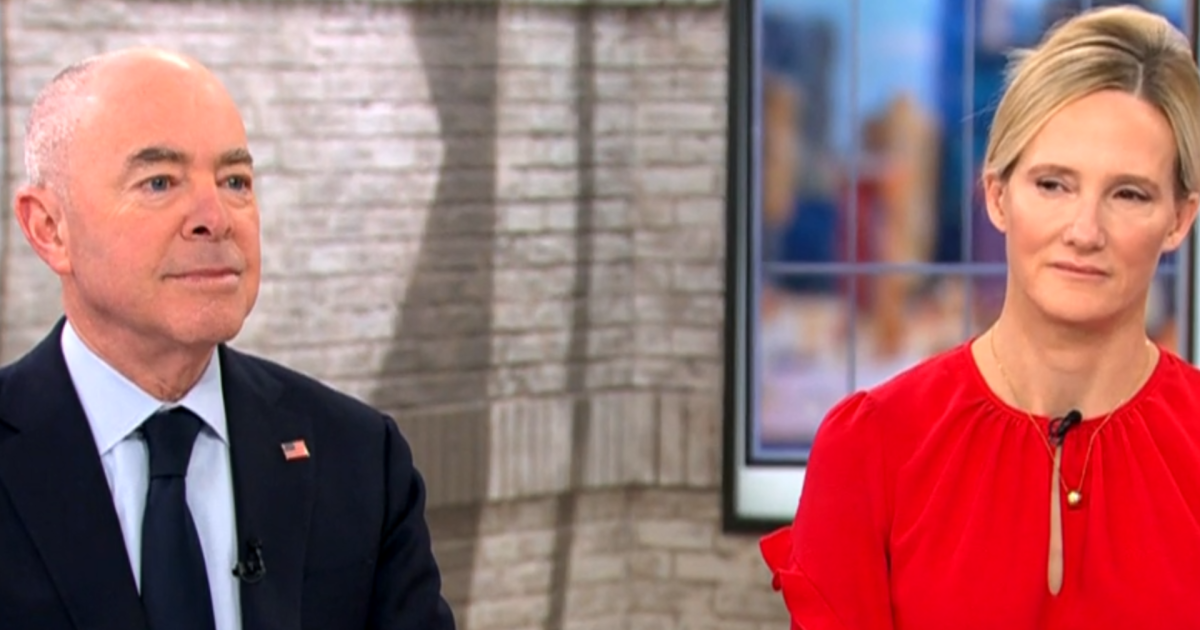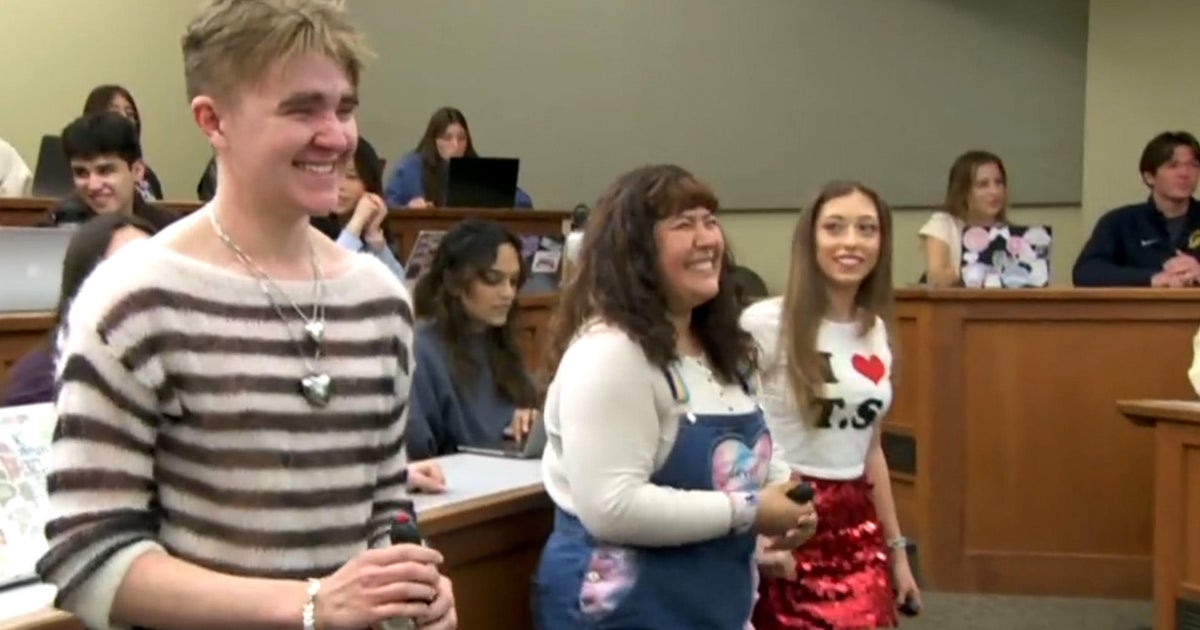Student health hacks: Tips to improve your child's performance
With children back in school, CBS News medical consultant Dr. David Agus stopped by "CBS This Morning" to offer some simple lifestyle tips that have been scientifically proven to help maximize a young student's productivity.
Eat breakfast
The key to breakfast, said Dr. Agus, "is protein and fat. It's breaking a fast. So it's critical that we have a good breakfast. You skip that breakfast? Productivity goes down."
Best options? "Eggs, hard cheeses, yogurt are great foods for breakfast for a child, and even for us [adults]."
But not, say, just a bowl of cereal? "A carbohydrate-only breakfast is not the best breakfast," Dr. Agus said. So, have an egg with that oatmeal.
Stay hydrated
Hydration throughout the day is important; one study shows that staying hydrated keep blood volume up, which aids brain functioning and improves cognition. Even mild dehydration can lead to headaches, irritability, and reduced performance. A 2015 Harvard study found that more than half of all children and adolescents in the U.S. are not getting enough hydration.
"There's data that came out in a recent study this year that when you're dehydrated, you actually don't think as well or do as well as usual. So, you want your kids to do the best? Give them to a glass of coconut water, glass of water during school, and before school," he said. "Drink!"
But Dr. Agus suggests consuming sports drinks in moderation, and avoid binging on caffeine.
Exercise
Exercising before school (even just walking or climbing stairs) can promote memory. "The data show 15 minutes of exercise actually make a kid retain knowledge for five or six hours," Dr. Agus said. "Yet most of our exercise is at the end of the day – sports practice and others. So, you want your kid to be the best? Have them run around the block once or twice before they go to school. It makes an impact."
"It's hard to get them out of bed, let alone run around the block!" noted co-host Norah O'Donnell.
Relaxation
"When you talk about homework, the average high schooler spent an estimated 17.5 hours per week in homework. What's the importance of downtime?" asked O'Donnell.
"That's the key: Downtime allows your brain to remember what happened during the day. I know it sounds counterintuitive, but make them watch TV for a little bit, read a book, go for a walk," said. Dr. Agus. "For that 20 minutes they'll remember what happened during the day and things will sink in. If they're working all the time, it doesn't have time to sink in, that knowledge. It's critical."
Chocolate … yes chocolate!
"You want to hear the wildest tip? Don't tell anybody this, but right before a test have them do a little square of chocolate," Agus said. "That caffeine actually makes them focus during a test. There's data it improves their scores on tests. So, we give our kids in a little plastic bag a little square of chocolate."
Does it have to be a certain kind of chocolate? "No, [but] we use dark chocolate."



